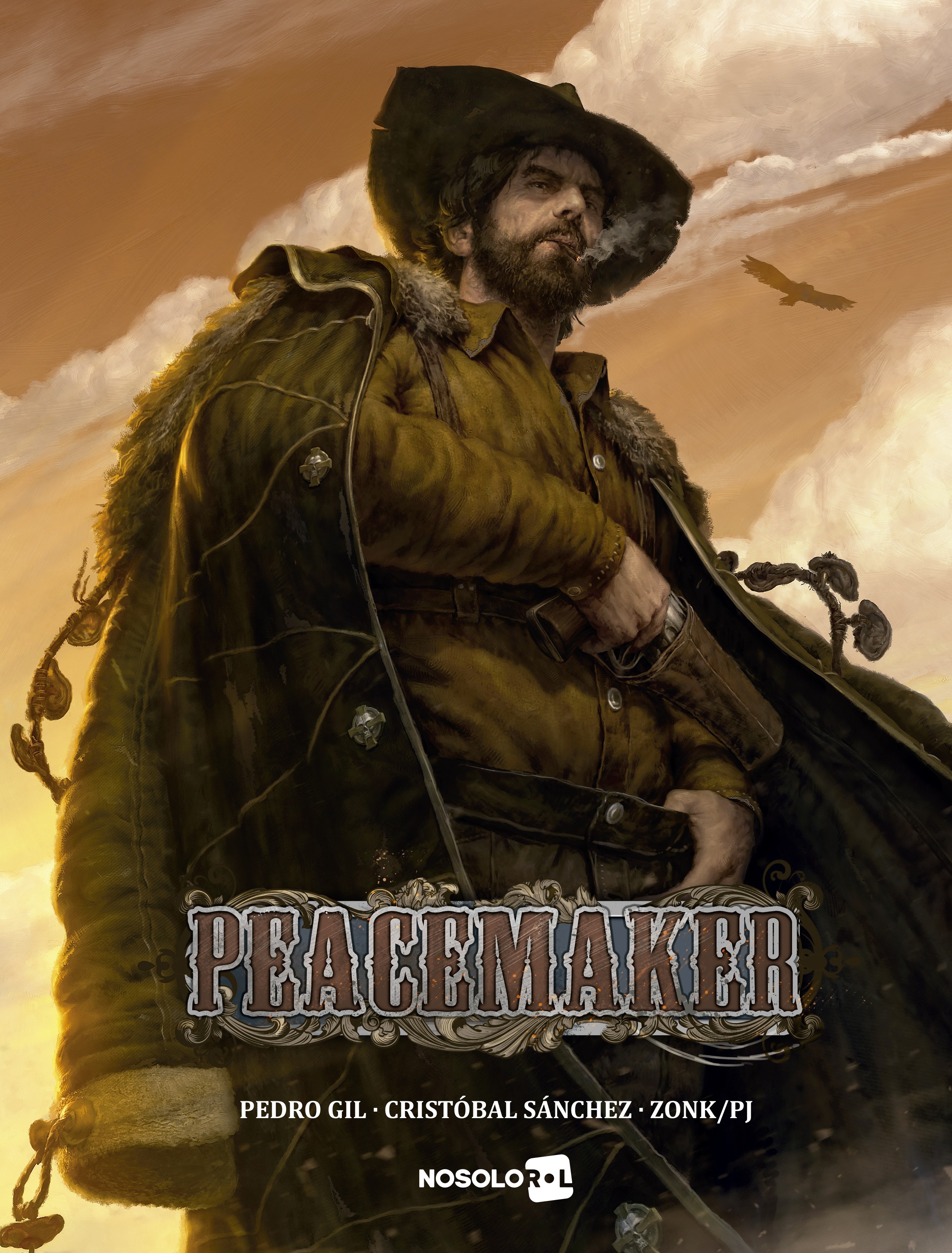Sacrosanct
Legend
Um...Afro-textured hair has been around since humans existed in Africa. And stylizations of that hair trait have gone through numerous variations long before the 1970s. Like, 400 years prior. And in an era where slavery was still in effect and slaves were often forced to shave their heads, it is perfectly plausible for someone who is not a slave to adopt a style directly counter to what the slavers forced. I mean, that was the biggest reason it took off in the 60s and 70s to begin with... *is that Afro straight out of the 70s? No asians and a somewhat stereotypical native. I dont think that cover art is particularly inclusive
An "afro" was not only worn in the 1970s. This photo is from 1860s.
Also, there are only three people on the cover (alive anyway), I couldn't really put every combination of ethnicity and gender on the cover. That doesn't make the illustration non-inclusive. Heck, all the white men are dead in that picture, so I'm not really extolling white privilege there am I?
*The effect of the Civil Rights Movement brought a renewed sense of identity to the African–American community, which also resulted in a redefinition of personal style that included an appreciation of black beauty and aesthetics, as embodied by the "Black is beautiful" movement. This cultural movement marked a return to more natural, untreated hairstyles. The afro became a powerful political symbol which reflected black pride and a rejection of notions of assimilation and integration




